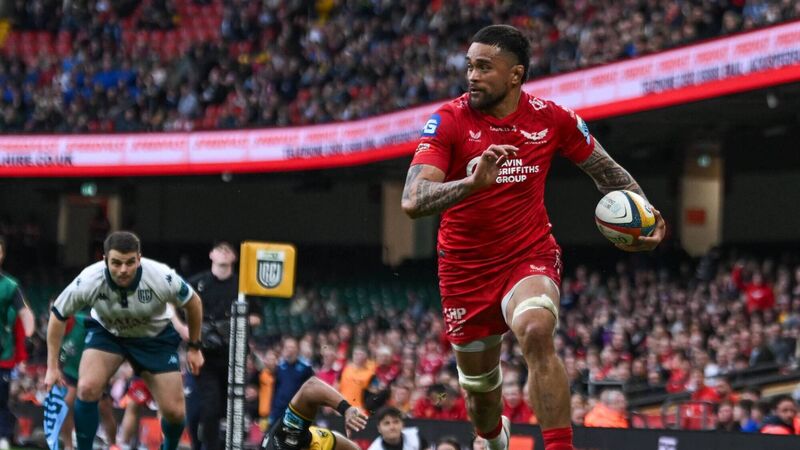In Wales, has rugby ever been in a deeper valley?

TRYING TIMES: Vaea Fifita goes over for a Scarlets try in their URC clash with the Dragons at the Principality Stadium in Cardiff last April. Pic: Mike Jones, Inpho
ONE thing is certain, there is never a dull moment in Welsh rugby. The Principality’s national sport continues to lurch from one crisis to another and at the start of what will be my 47th season of covering the action, who knows which way the game will go.












